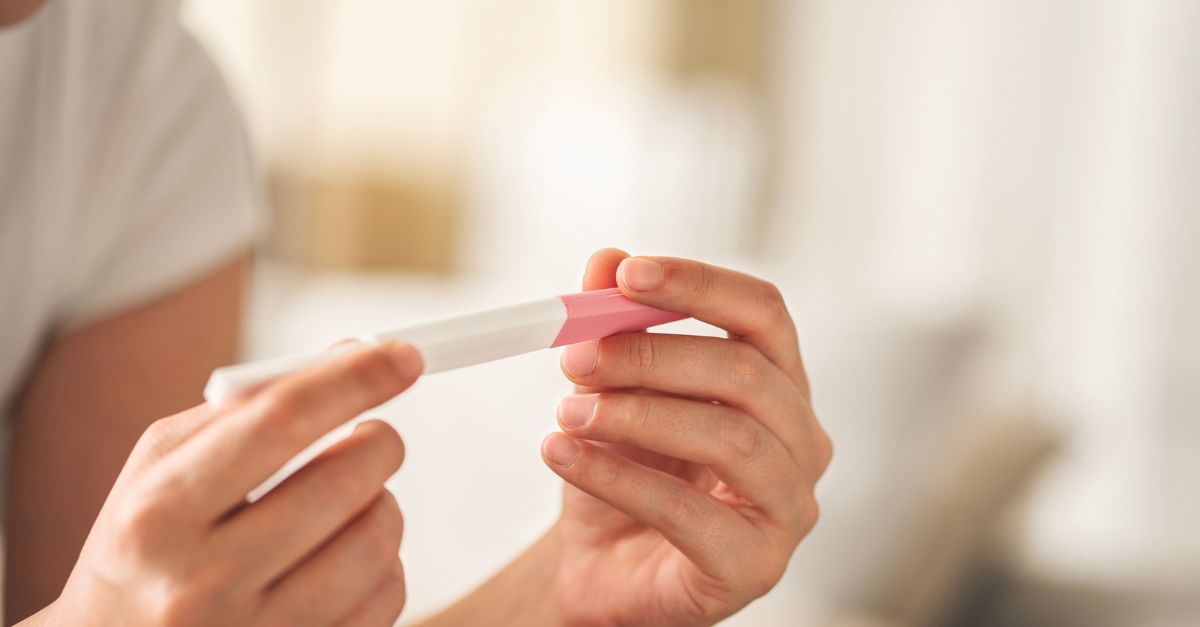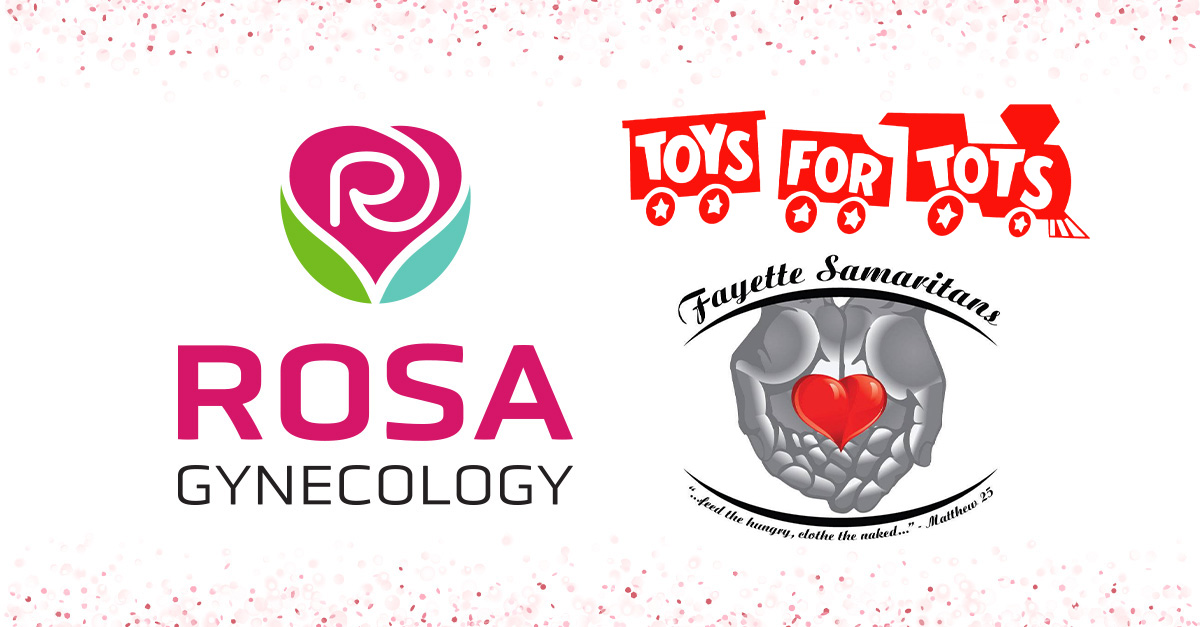The foods we eat have a far-reaching impact on our body’s inner workings, and our reproductive system is no exception. If you’re trying to get pregnant, understanding the relationship between food and fertility can be helpful in your journey of trying to conceive. Here, we take a closer look at how nutrition impacts reproductive health.
Can Your Diet Affect Fertility?
Like many matters of health, fertility is a complex puzzle with many unique pieces. There are lifestyle and environmental factors that can affect your fertility, for instance, and then there are also anatomical differences to consider. Still, there’s evidence — particularly from a 2007 Harvard “Fertility Diet” study — to suggest diet does impact fertility, at least to some degree. Nutrients do affect your body on a cellular level, so it makes sense that certain foods can influence how well your reproductive system functions.
Foods That Affect Fertility
Because many of the nutritional choices that can enhance fertility can also improve your health overall, there’s no downside to optimizing your diet to boost fertility. If you’re trying to get pregnant, or even if you’re thinking about starting a family in the future, it might be worthwhile to focus on a fertility-friendly diet.
Foods That Increase Fertility
Some nutrients that have shown a positive impact on fertility include folic acid, vitamin B12, and omega-3 fatty acids. Many grains are enriched with folic acid, but a prenatal vitamin will deliver a sufficient dose to cover whatever your diet may lack. As for vitamin B12, you’ll find this nutrient in poultry, fish, eggs, and dairy. (If you don’t eat animal products, consider taking a supplement or cooking with fortified nutritional yeast to get enough B12.) Cold-water fatty fish also contain omega-3 fatty acids, but you can find them in flaxseed, chia seeds, walnuts, and plant oils, too.
The Mediterranean diet – hailed for reducing the risks of heart disease – also appears to benefit fertility. This approach to eating emphasizes:
- An abundance of vegetables, fruits, lentils, and beans
- Whole grains, such as brown rice and whole wheat bread
- Extra virgin olive oil for healthy fat
- Fish, including those rich in omega-3 fatty acids
- Moderate intake of dairy products, such as cheese and yogurt
The Mediterranean diet restricts red meat, sugary drinks, butter, and sweets. These foods may have a negative impact on reproductive health — bringing us to our next point.
Foods That May Hinder Fertility
Just as there are foods that can promote fertility, certain foods have been shown to impede it. Specifically, the following foods could negatively affect your reproductive health:
- Trans fats found in cakes, cookies, margarine, animal products, and potato chips
- Refined carbohydrates found in pastries, sodas, and white bread, rice, or pasta products
- Added sugars including those in desserts, sodas, and other sweet snacks
It’s also worth noting that eating a nutritious diet overall can help you maintain a healthy weight — another important variable for getting pregnant. For women with polycystic ovary syndrome, being overweight can especially be a barrier to conceiving, but losing weight can significantly increase the odds of pregnancy.
Of course, diet is only one piece of the fertility puzzle. If you’ve been trying to conceive for a year or longer (six months if you’re over 35), it’s possible another issue may be at play. Don’t hesitate to talk to our women’s health specialists if you’re concerned. We can help pinpoint fertility issues and their solutions, such as procedures to address anatomical factors that can cause infertility. Schedule an appointment online or call 770-487-9604.




